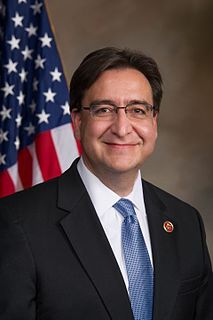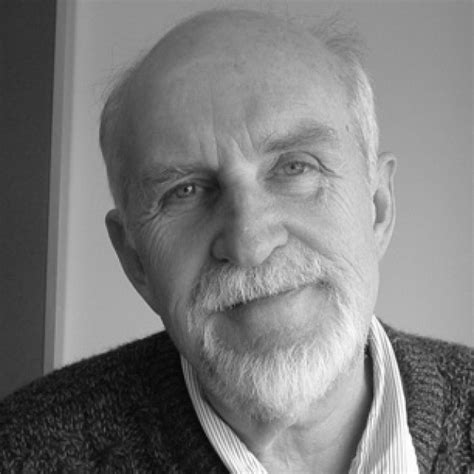A Quote by Nawal El Saadawi
moral codes and standards in our societies very rarely apply to all people equally. This is the most damning proof of how immoral such codes and standards really are.
Related Quotes
We used to have adults who set standards, moral standards, cultural standards, legal standards. They were better than we were. They gave us something to aspire to. They were people that we described as having dignity and character. That's all gone now, particularly the upper levels of the Democrat Party. There isn't any of that kind of decency, dignity, character, morality.
One of the central developments of 19th century mathematics involved a dramatic increase in the standards of mathematical rigor. This was for a variety of reasons, but the short version is that there was a need to be stricter about the standards of proof, because certain familiar modes of reasoning had started to lead people astray, or at least threatened to do so.





































